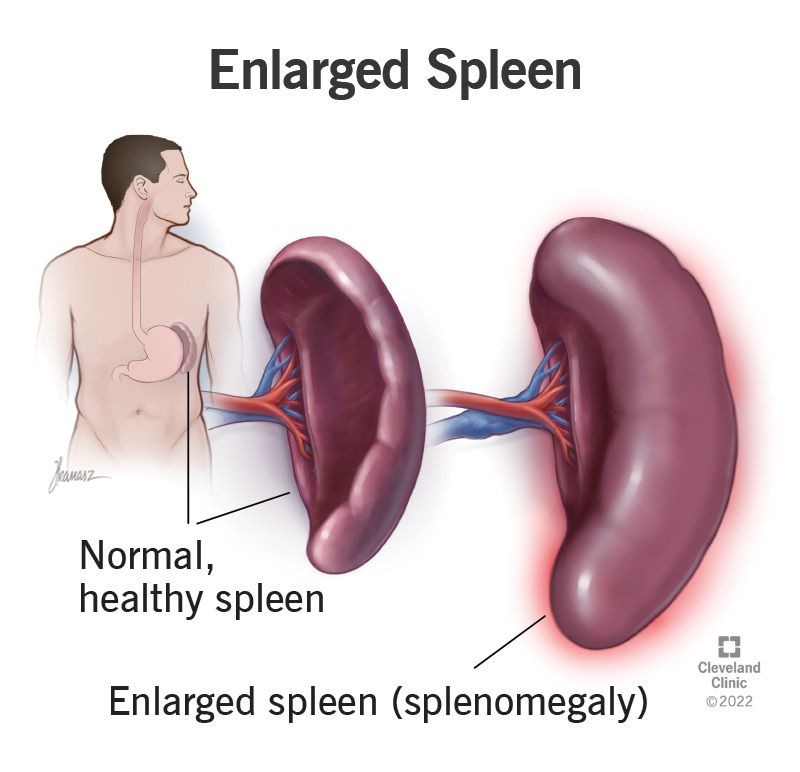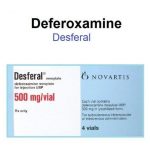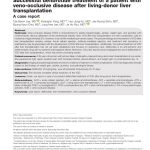
Contents
- 1 Enlarged Spleen (Splenomegaly)
- 1.0.1 What type of pain does an enlarged spleen cause?
- 1.0.2 What causes an enlarged spleen?
- 1.0.3 What are signs and symptoms of an enlarged spleen?
- 1.0.4 What tests diagnose an enlarged spleen?
- 1.0.5 What is the treatment for an enlarged spleen?
- 1.0.6 What is the prognosis for an enlarged spleen?
- 1.0.7 What complications are associated with an enlarged spleen?
- 1.0.8 Can an enlarged spleen be prevented?
- 1.0.9 From
Enlarged Spleen (Splenomegaly)
The spleen is an important organ in the body with a variety of responsibilities:
- It filters old and damaged red blood cells and bacteria.
- It produces lymphocytes, which help prevent and fight infection.
- It stores red blood cells and platelets.
What type of pain does an enlarged spleen cause?
An enlarged spleen can irritate the diaphragm and cause hiccups and pain in the left upper quadrant of the abdomen. Pain may also radiate to the back and shoulder blade.
If the enlarged spleen compresses the stomach, it can cause feelings of fullness and difficulty eating large meals.
What causes an enlarged spleen?
Potential causes of an enlarged spleen include:
Blood disorders
An enlarged spleen can be caused by diseases that damage red blood cells and require filtration. Examples include hemolytic anemia, sickle cell disease, thalassemia, and spherocytosis.
Decreased blood flow
A decrease in blood flow through the splenic vein can lead to spleen congestion and enlargement. This can occur in liver disease and portal hypertension.
Cancer
Leukemia and lymphoma can invade the spleen and increase its size. Other cancers can also spread to the spleen.
Metabolic diseases
Metabolic diseases such as Hurler Syndrome, Gaucher disease, and Niemann-Pick Disease can cause the spleen to enlarge. Sarcoidosis and amyloidosis can also lead to spleen enlargement.
Infection
Infections like infectious mononucleosis, cytomegalovirus, HIV/AIDS, viral hepatitis, malaria, tuberculosis, and anaplasmosis may cause splenomegaly.
Trauma
Trauma, such as from a car accident, can damage the spleen.
IMAGES
What are signs and symptoms of an enlarged spleen?
Often, an enlarged spleen causes no symptoms itself, but rather reflects an underlying illness. However, some people may experience:
- Indigestion and feelings of fullness due to compression of the stomach.
- Hiccups from diaphragm irritation.
- Pain in the upper abdomen that may radiate to the back or shoulder blade.
Examples of illnesses that cause symptoms may include:
- Anemia, which causes weakness, fatigue, and shortness of breath.
- Low platelet count, which can lead to excessive bleeding and yellowing of the skin and eyes.
- Jaundice, fatigue, weakness, itching, loss of appetite, and easy bruising.
What tests diagnose an enlarged spleen?
An enlarged spleen is usually detected through physical examination. Imaging tests like X-ray, ultrasound, abdominal CT scan, or MRI may also be used.
What is the treatment for an enlarged spleen?
Treatment will depend on the underlying cause. Splenectomy (surgical removal of the spleen) may be necessary in some cases, such as hereditary spherocytosis. There are no natural treatments for an enlarged spleen.
What is the prognosis for an enlarged spleen?
The prognosis depends on the underlying illness. In some cases, the spleen will return to its normal size once the infection resolves. However, in other cases, the spleen may remain enlarged and increase the risk of complications like bleeding, rupture, and infection.
What complications are associated with an enlarged spleen?
The risk of injury increases as the spleen grows beyond the protection of the rib cage. Injuries can cause rupture and bleeding, requiring surgical removal of the spleen. Anemia, low platelet count, and low white blood cell count may also occur. Splenectomy increases the risk of certain infections.
By clicking Submit, I agree to the MedicineNet’s Terms & Conditions & Privacy Policy and understand that I may opt out of MedicineNet’s subscriptions at any time.
Can an enlarged spleen be prevented?
An enlarged spleen is a consequence of an underlying illness, many of which cannot be prevented. However, certain measures can help prevent liver disease and viral hepatitis.
- Moderate alcohol use and avoiding excessive drinking can prevent liver disease.
- Avoiding contact with body fluids from infected individuals and vaccination can prevent viral hepatitis.
Proper precautions can also help minimize the risk of acquiring infectious diseases like HIV, malaria, tuberculosis, and anaplasmosis.
From
Digestive Disorders Resources
- 7 Best Vitamins for Crohn’s Disease
- Side Effects From aHUS Treatment


